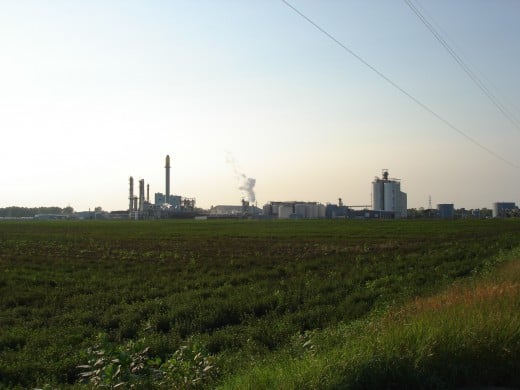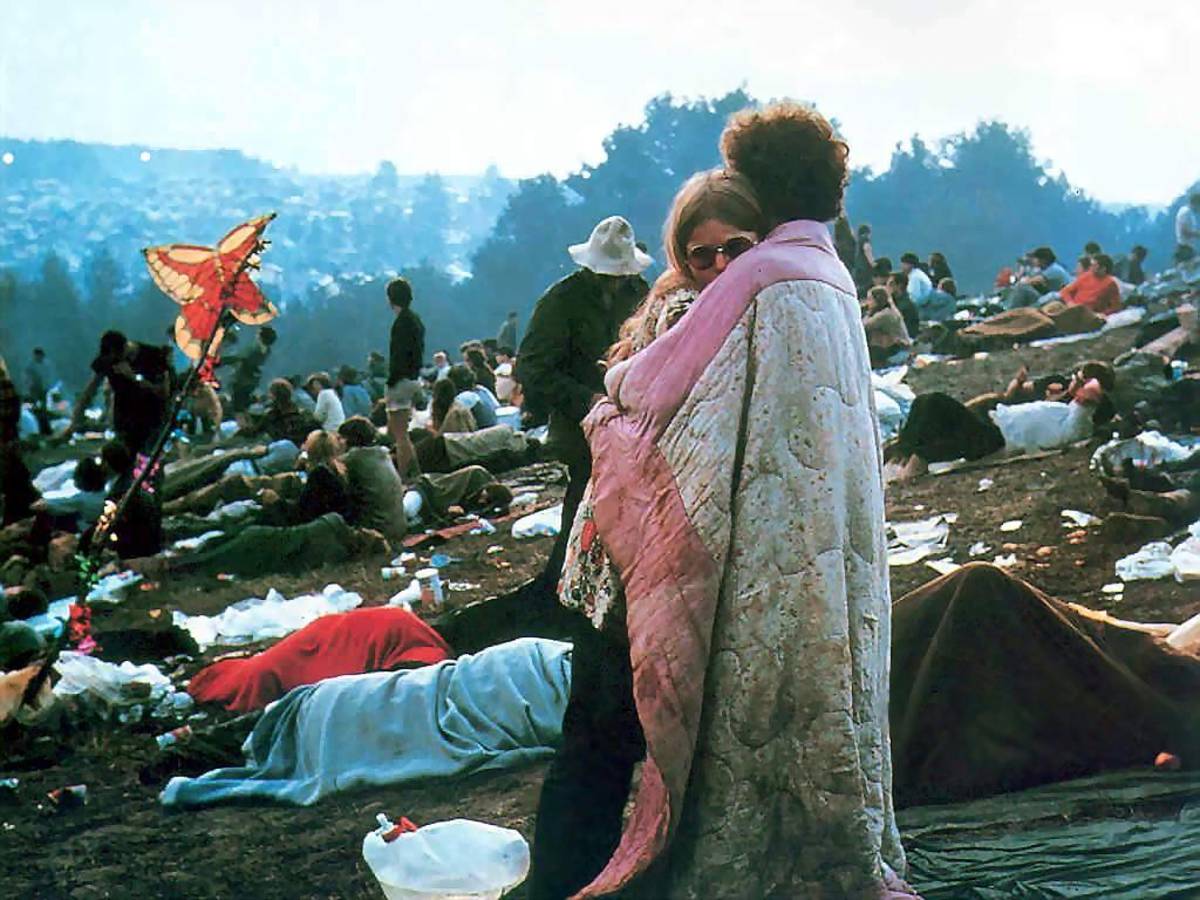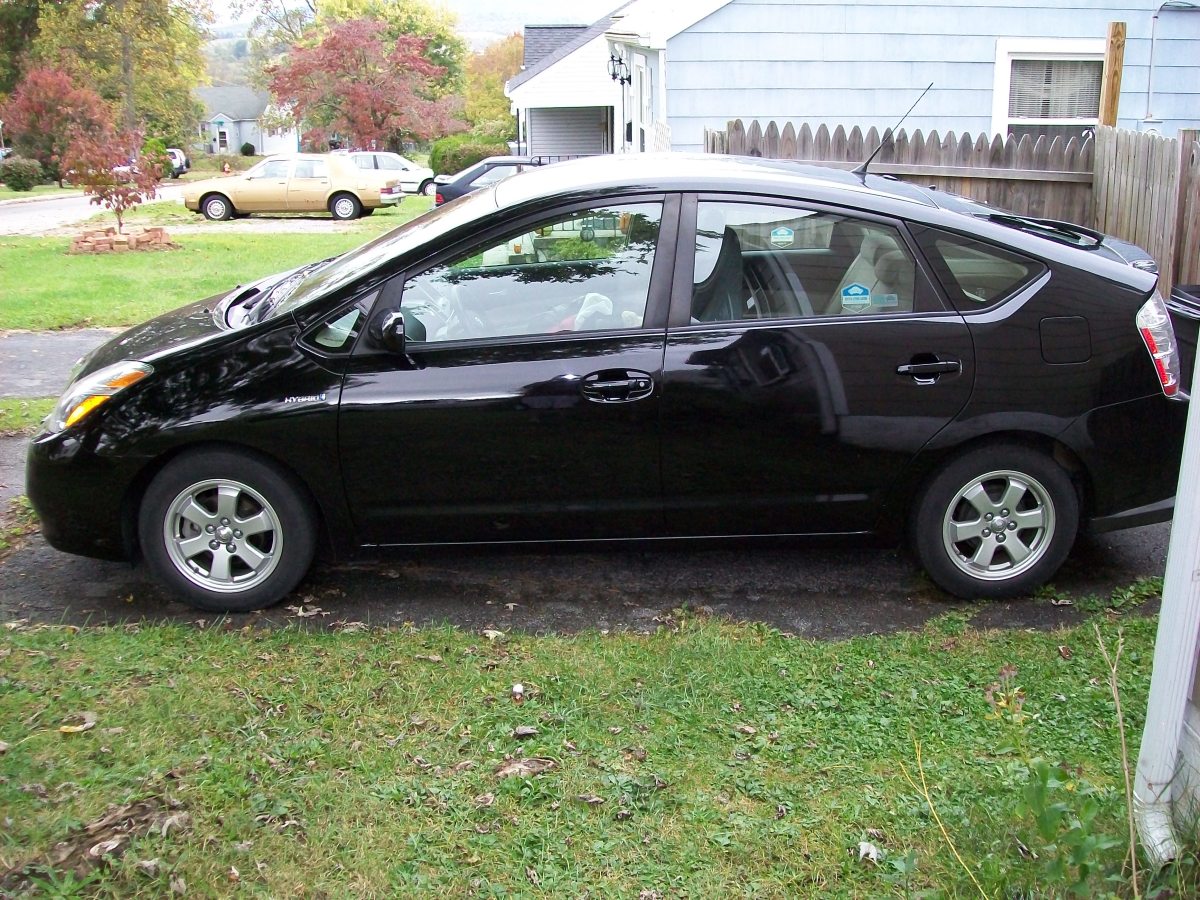Freedom (Ethanol Documentary Film) - A Look The Film and the Benefits of Switching To Ethanol Based Fuel

Freedom
Freedom is a film by Josh and Rebecca Tickell that uncovers the myths that have surrounded ethanol since it began to resurface in American gasoline. Over the duration of an hour this film focuses on how large oil companies and various food commodities organizations have used false information to discredit ethanol.
In addition to this, the film also focuses on the benefits ethanol currently provides to the U.S. as well as its potential benefits for the future. At its heart though Freedom argues for something Americans haven't had at the pump for years... getting to chose what type of fuel you put into your car.
History of Oil and Ethanol
After an intro stating the purpose of the documentary, the film makers give us an overview of the history of both oil and ethanol and how the U.S. became "addicted to oil." Surprisingly we learn that Ford, the first mass manufacturer of automobiles, designed his first vehicles to run off of ethanol, and had built one of the largest ethanol facilities in the world at the time. 25% of the mid-western fuel market belonged to ethanol throughout the early history of the automobile.
Ethanol as a major source of fuel for vehicles was stopped in 1919 due to prohibition, and here we learn a lot of the pro-prohibition groups were receiving significant amounts of funding from none other than John D. Rockefeller. Prohibition didn't just make drinking alcohol illegal it made all alcohol illegal including ethanol. Prohibition was lifted the same year that Ford agreed to stop manufacturing ethanol compatible cars.
With ethanol out of the way, oil began its take over as America's fuel. Until the 1960s the U.S. was the largest producer and user of oil. In the 1970s the U.S. began to import oil and slowly became dependent on foreign oil which hurt the national interests of the U.S.
Origins of Ethanol Myths
The film states that there are three significant myths that are hurting the ethanol industry, and these myths are: ethanol is causing a significant rise in global food costs, ethanol is causing deforestation, and ethanol takes more energy to produce than it gives back.
Food vs. Fuel - According to the film, oil wasn't the only large organization that opposed the growth of the ethanol industry. The GMA (Grocery Manufacturing Association) also began a smear campaign to bring down the industry by hiring a PR firm to create negative publicity to attack ethanol. The GMA is on record with the following statement in regards to their PR campaign against ethanol, "Obliterate whatever intellectual justification might still exist for corn based ethanol among policy elites."
The result of this campaign was the beginning of the food vs. fuel debate. Even though 1/3 of food prices are determined through commodities costs (the other 2/3 is determined by the cost of freight). Ethanol was taking the blame for rising food prices despite having a less significant impact on the cost of food than oil.
The film also mentions that only 32% of the U.S. corn crop goes into making ethanol, which is second to feed and residuals (42.5% of the corn crop). The ethanol manufacturing process also returns 30% of its harvest back as food by making distiller grains, which is used to feed animals. Technology has also improved corn bushel yields by a factor of 6 since 1926. In short, there is enough corn to go around.
Interesting note: Only 1% of all the harvested corn in the U.S. is edible sweet corn and 16% of all U.S. corn is exported.
Deforestation - This myth states that ethanol causes deforestation. Brazil (between 1988-2010) saw deforestation go down in their country while ethanol production rose, proving that ethanol production is not causing deforestation.
Energy Gains - The final myth about ethanol states that it does not generate positive energy gains. The film states at one point in time this may have been true, however, that is not the case today. The problem is there are still people publishing false information regarding whether or not ethanol creates energy gains. The film specifically names a study done by Pimentel and Patzek.
According to the film, the reason why the Pimentel/Patzek study loses so much credibility is because it uses old out-dated statistics, and it includes data that is irrelevant to energy used to produce ethanol. For example, Pimentel includes the daily caloric intake of a farmer as part of the energy cost calculations used to produce ethanol. Pimentel also doesn't include the distiller grains that are produced by ethanol plants in his study as energy that ethanol production gives back either.
Incentives for Using Ethanol
The Freedom film also makes a list of incentives for using ethanol and it explains why it makes sense for the U.S. to keep supporting it as a feasible fuel.
One thing the film makers do is demonstrate that it is possible for a country to sustain demand for ethanol made fuel. The film showcases Brazil which uses large quantities of ethanol for consumer fuel. Nearly 90% of all cars sold in Brazil are flex-fuel (meaning they can run off of higher ethanol blended fuels, and they can run off of conventional gasoline). Ethanol as a fuel in Brazil is on average 30% cheaper than oil based gasoline, and that is with no government subsidies.
The Freedom film also does a comparison between tax breaks that are received by the Ethanol Industry and tax breaks that are received by the Oil Industry. The International Center for Technology Assessment found that the U.S. gives $4.60-$14.14 per gallon in tax breaks for oil. Ethanol received between 30-50 cents per gallon, which means it is using a lot less taxpayer money.
Note in 2011, after this film was made, the ethanol blender subsidy expired, which means that currently ethanol is not receiving government subsidies from the U.S., oil is still currently receiving subsidies.
Another huge incentive for using ethanol is it would allow the U.S. to reduce imports of foreign oil. At one point in the film one of the speakers they are interviewing mentions that over 300 billion dollars are spent a year on importing oil, and an additional 150 billion dollars are spent on the troops in the Middle East that are protecting the interests of oil companies. The speaker claims that the money being spent on protecting overseas oil interests could be spent on potentially creating over 8 million American jobs.
Also discussed in the film are research projects related to the future of ethanol. One of these projects is developing cellulosic ethanol, or ethanol that is made from non-edible food sources. Technology is currently being developed to turn municipal waste into ethanol. With over 400 million tons of garbage produced globally each year this might become a potential source of fuel for the future.
Freedom
The Freedom film presents a very unflattering picture of the Oil Industry and shows the potential benefits that the Ethanol Industry can offer the U.S. It is a film that highlights a new potential industry that is currently growing in the U.S. but...
This film is ultimately about its title, Freedom. Freedom can be defined as having a choice without restraint, and right now most consumers in the U.S. can't fuel their cars with anything but oil based gasoline. What this film is really saying is that we now have an opportunity to be able to choose ethanol as a fuel, and as a fuel it really isn't as bad of an alternative fuel as it is made out to be.
For More Information
- Freedom Film Website
- Ethanol Creates Energy Gains | Molecular Sieve Mavens
This article goes into depth ethanol's ability to create energy gains, as well as debunking information about it. - Price of Gasoline
The International Center for Technology Assessment's report on the cost of gasoline








